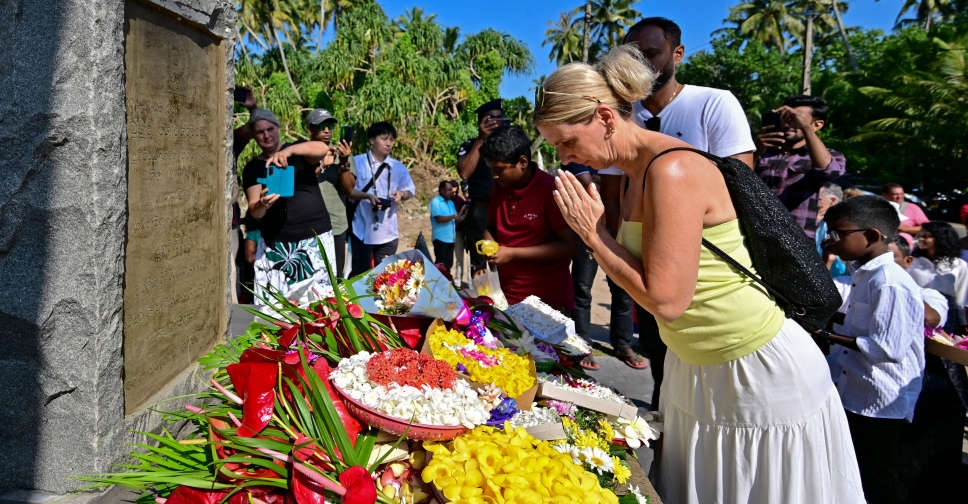
New Zealand Prime Minister Jacinda Ardern on Monday extended a lockdown in Auckland by two weeks, while officials reported the country's first death linked to the Pfizer-BioNTech COVID-19 vaccine.
New Zealand had been largely virus-free for months, barring a small number of cases in February, until an outbreak of the Delta variant imported from Australia prompted Ardern to order a snap nationwide lockdown on August 17.
Infections in the outbreak have reached 562 but the number of daily new cases dropped to 53 on Monday, the lowest over the past five days.
"I know we all feel encouraged that our number is lower than what we've seen in the last few days and I know we're all willing for that trend to remain," Ardern said at a news conference. "The job is not yet done and we do need to keep going."
Around 1.7 million Aucklanders will remain in strict level 4 lockdown for another two weeks, while restrictions for the remainder of the country will be eased slightly to a level 3.
Ardern's tough and swift lockdowns, along with closing the international border from March 2020, were credited with reining in COVID-19 in the country.
However, the government now faces questions over a delayed vaccine rollout, as well as rising costs in a country heavily reliant on an immigrant workforce.
Around 21 per cent of the population of 5.1 million people have been fully vaccinated, the slowest pace among the wealthy nations of the OECD grouping.
VACCINE DEATH
The health ministry on Monday announced a woman had died due to myocarditis, which is known to be a rare side effect of the Pfizer-BioNTech COVID-19 vaccine. Myocarditis is an inflammation of the heart muscle that can limit the organ's ability to pump blood and can cause changes in heartbeat rhythms.
The health ministry did not provide the woman's age. Pfizer in New Zealand did not immediately reply to an emailed request for comment.
Director General of Health Ashley Bloomfield said the risk of myocarditis after the vaccine was a lot lower than risk of myocarditis after being infected with COVID-19.
"And that's part of the reason we've been very open about this case," Bloomfield said.
"It's of great interest internationally as well because it's one of the few cases where we've got the full range of evidence around the side effects and then been able to explain this death."
New Zealand has provisionally approved use of the Pfizer-BioNTech, Janssen and AstraZeneca vaccines, but only the Pfizer-BioNTech vaccine has been approved for rollout to the public.
Ardern said the country has 840,000 doses of the Pfizer-BioNTech vaccine remaining and it continues to receive 350,000 doses each week.



 Israel strikes Yemen airport as WHO chief boards plane
Israel strikes Yemen airport as WHO chief boards plane
 Sources say Azerbaijan Airlines flight was downed by Russian air defence system
Sources say Azerbaijan Airlines flight was downed by Russian air defence system
 Thousands mark 20 years after deadly Indian Ocean tsunami
Thousands mark 20 years after deadly Indian Ocean tsunami
 Russia says it prevented Ukrainian plots to kill high-ranking officers
Russia says it prevented Ukrainian plots to kill high-ranking officers
 Israeli airstrike kills five journalists in central Gaza
Israeli airstrike kills five journalists in central Gaza







